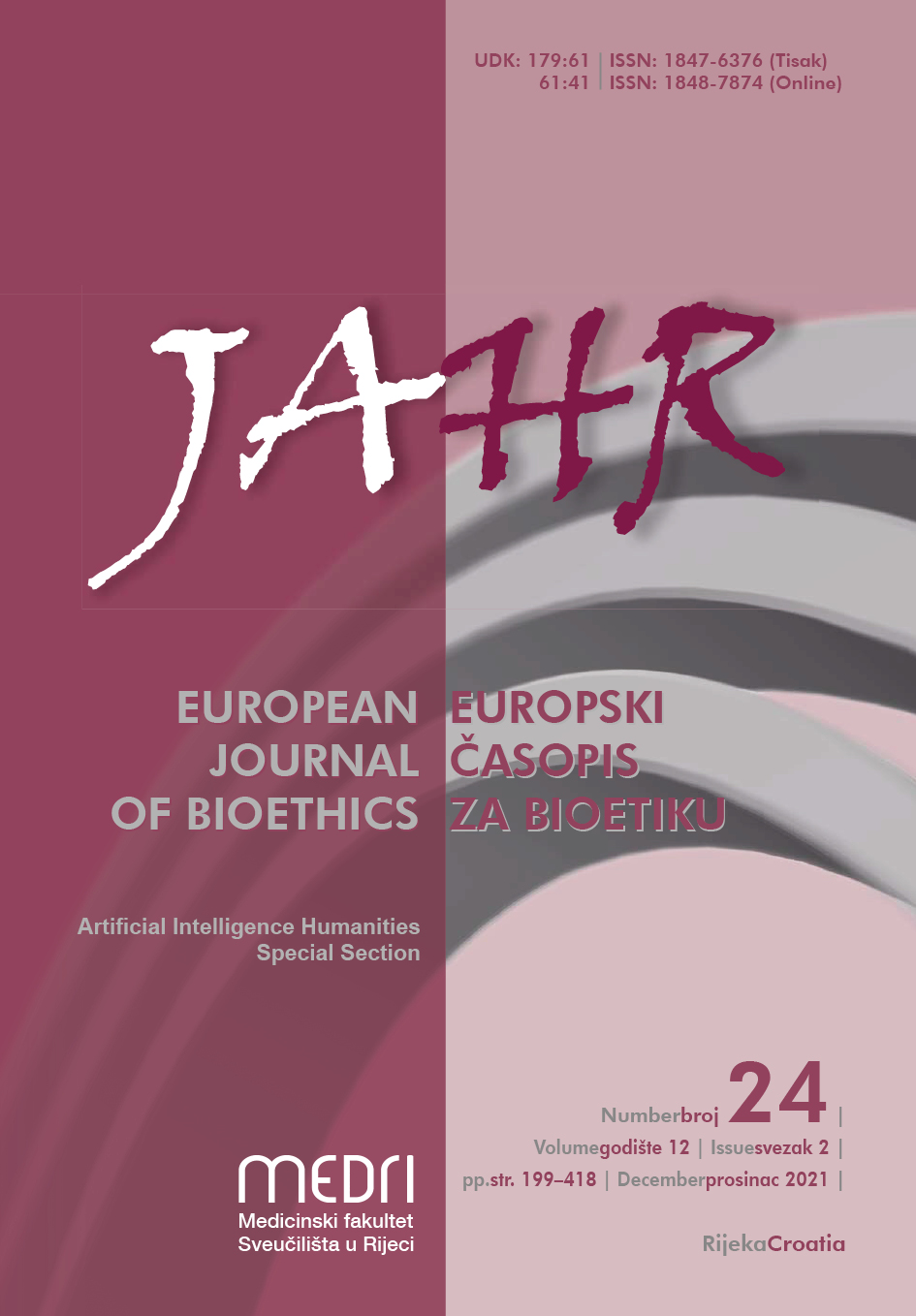Establishing the concept of AI literacy
Keywords:
literacy, AI literacy, AI literacy competence, AI literacy purpose, metacognition, anticipation.Abstract
https://doi.org/10.21860/j.12.2.8
This study aimed to examine the concept, competence, and educational goals of artificial intelligence (AI) literacy to explore the basic competencies required for life in the AI era. Modern society is foreshadowing a new world, unlike the previous framework. Beyond the ability to read and write, literacy now also implies the ability to network and contact wider circles with greater information. In education, the learner’s frame has gained greater importance than the teacher’s frame. AI is playing a central role in making these changes. Like writing, AI has entered the system of everyday life and become a target of basic literacy. This study explored the concept and characteristics of AI literacy. AI contributes to enhancing human abilities by expanding human relationships and the scope of information acquisition. However, these characteristics of AI require humans to independently choose what humans need to know and whom to connect with. Knowing what to know is metacognition. Therefore, this study considered metacognition as competence in AI literacy. In addition, attempting to acquire more accurate knowledge through metacognition involves an effort to anticipate an uncertain future. Thus, the purpose of AI literacy is to have anticipation capabilities.
Downloads
Published
Issue
Section
License
Authors who publish with this journal agree to the following terms:
- Authors retain copyright and grant the journal right of first publication with the work simultaneously licensed under a Creative Commons Attribution License that allows others to share the work with an acknowledgement of the work's authorship and initial publication in this journal.
- Authors are able to enter into separate, additional contractual arrangements for the non-exclusive distribution of the journal's published version of the work (e.g., post it to an institutional repository or publish it in a book), with an acknowledgement of its initial publication in this journal.
- Authors are permitted and encouraged to post their work online (e.g., in institutional repositories or on their website) prior to and during the submission process, as it can lead to productive exchanges, as well as earlier and greater citation of published work (See The Effect of Open Access).



